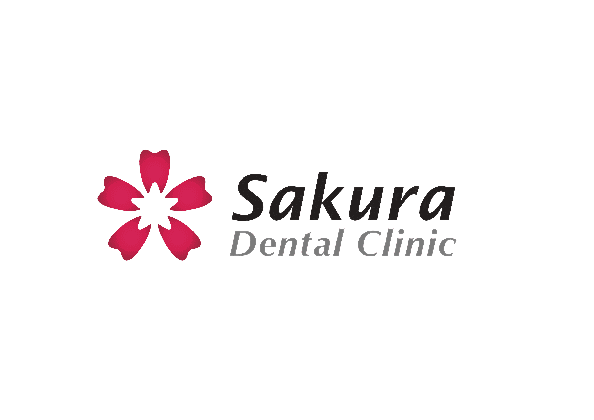
Table of contents
1. What is preventive dentistry?
Preventive dentistry is a field of dentistry that focuses on maintaining and improving oral health through the prevention of diseases and dental problems. The main goal of preventive dentistry is to prevent the development of oral diseases such as tooth decay, gingivitis, and other periodontal diseases before they become serious and require more complex treatment.
2. Preventive dental services and procedures
Preventive dental services and procedures include:
- Regular check-ups and professional cleanings: This is the most basic step in preventive dentistry, helping to detect dental problems early and remove plaque and tartar.
- Use fluoride: Fluoride helps strengthen tooth enamel and prevent cavities. It can be applied as a gel, foam, or varnish during dental checkups.
- Sealants (Fill holes and grooves): This is a thin plastic layer applied to the chewing surface of the molars to prevent tooth decay.
- Dental X-rays: Help detect problems hidden under the surface of teeth and gums that cannot be seen with the naked eye.
- Oral hygiene and diet advice: Helps patients better understand how to care for their teeth on a daily basis and what foods to avoid to protect their oral health.

3. Preventive dentistry at home
In addition to professional services, home care also plays an important role in preventive dentistry. Home preventive measures include:
- Brush your teeth properly and regularly: Brush your teeth at least twice a day with fluoride toothpaste to remove plaque and bacteria that cause tooth decay.
- Use dental floss daily: Helps remove plaque and food stuck between teeth that a toothbrush cannot reach.
- Use mouthwash: Mouthwash can help reduce bacteria in the mouth and freshen breath.
- Healthy diet: Limit sugar and highly acidic foods, eat lots of green vegetables and fruits to provide vitamins and minerals necessary for oral health.
4. Benefits of preventive dentistry
Preventive dentistry offers many important benefits, including:
- Reduce the risk of dental diseases: Preventive measures help prevent the development of tooth decay, gingivitis and other periodontal diseases.
- Save on treatment costs: Prevention is better than cure, early detection and treatment of dental problems helps save on complicated treatment costs later.
- Improve quality of life: Healthy teeth help improve the ability to eat, speak and increase confidence in communication.
- Preventing systemic health problems: Oral health is closely related to systemic health, maintaining good oral health helps prevent diseases such as cardiovascular disease and diabetes.



